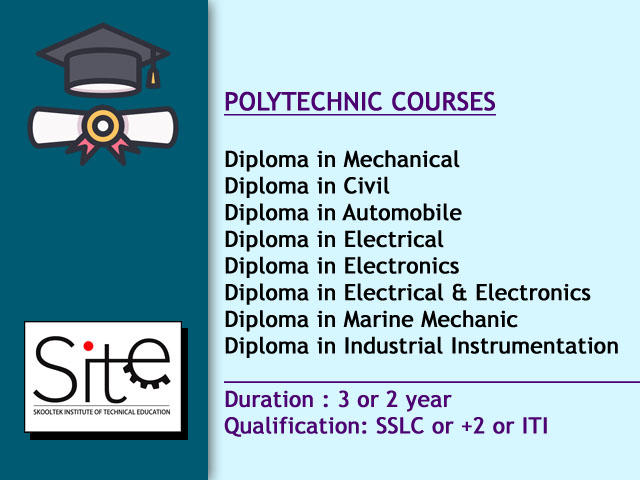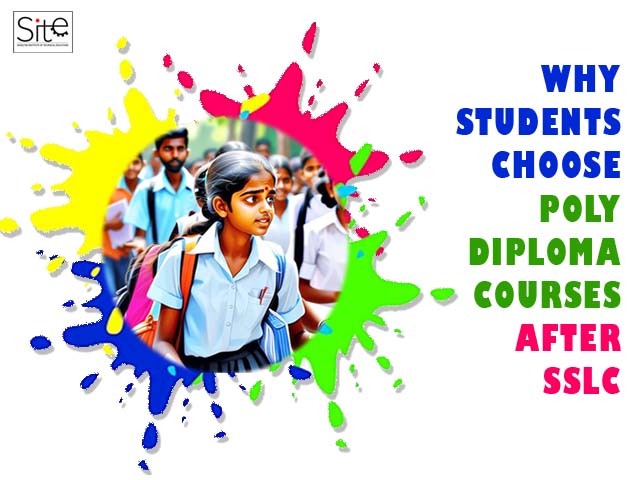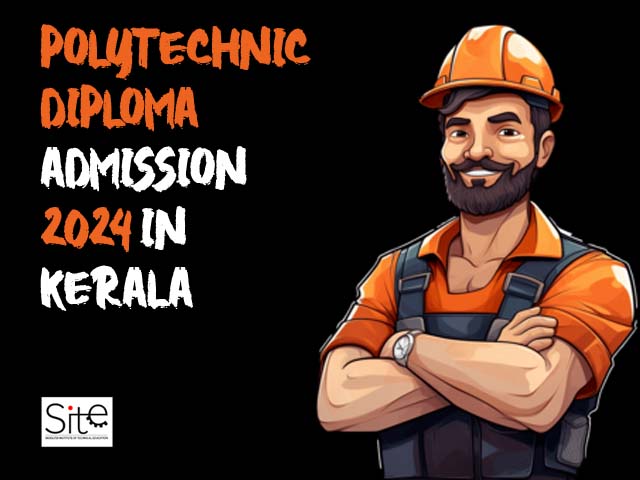- Have any questions?
- 9544233633
- info@skooltek.in
Pursuing a polytechnic diploma course offers several advantages:

Career Opportunities after a Polytechnic Diploma
April 18, 2024
POLYTECHNIC DIPLOMA COURSE
April 20, 2024Pursuing a polytechnic diploma course offers several advantages:
Published by
webADm3
at
Categories
Tags
- Diploma in Automobile Course
- Diploma in Civil Course
- Diploma in Electrical & Electronics Course
- Diploma in Electrical Course
- Diploma in Electronics Course
- Diploma in Industrial Instrumentation Course
- Diploma in Marine Mechanic Course
- Diploma in Mechanical Course
- Duration : 3 or 2 year
- poly diploma course admission open 2024 batch
- poly diploma lateral entry admission open 2024 batch
- Qualification: SSLC or +2 or ITI


- Practical Skills: Polytechnic education focuses on hands-on learning, providing students with practical skills that are directly applicable to the workplace.
- Industry-Relevant Curriculum: Diploma courses are often designed in collaboration with industry partners, ensuring that graduates are equipped with the knowledge and skills needed in the workforce.
- Faster Entry into the Workforce: Diploma programs typically have a shorter duration compared to traditional degrees, allowing graduates to enter the workforce sooner and start gaining valuable work experience.
- Cost-Effectiveness: Polytechnic diploma courses are generally more affordable than university degrees, making them a cost-effective option for students seeking practical education and training.
- Career Opportunities: Polytechnic Diploma holders are in demand across various industries, and many Polytechnic diploma programs offer pathways for further education and career advancement, including opportunities to pursue higher qualifications or specialize in specific areas.
- Flexibility: Polytechnic institutions often offer flexible learning options, including part-time and online courses (Theory class only), allowing students to balance their studies with other commitments.

The qualification for applying a polytechnic diploma course is SSLC or 10th level and lateral entry (Direct to second year/4th semester) also available in polytechnic diploma courses qualification for lateral entry is plus two pass with science subject (including Physics, chemistry, Mathematics and English) or ITI pass(NCVT 2 year).For more details and poly diploma admission please click herehttps://www.skooltek.in/technical-diploma-courses/

Overall, pursuing a polytechnic diploma course can provide students with a solid foundation for a successful career and personal growth.For more details and poly diploma admission please click herehttps://www.skooltek.in/technical-diploma-courses/




